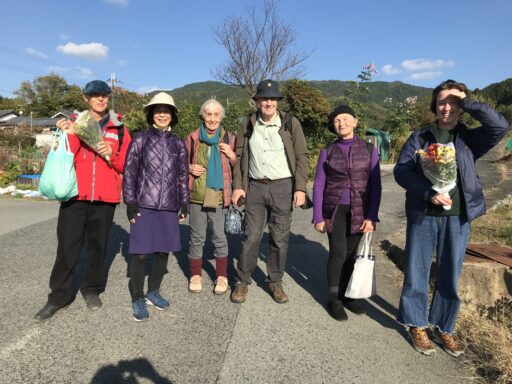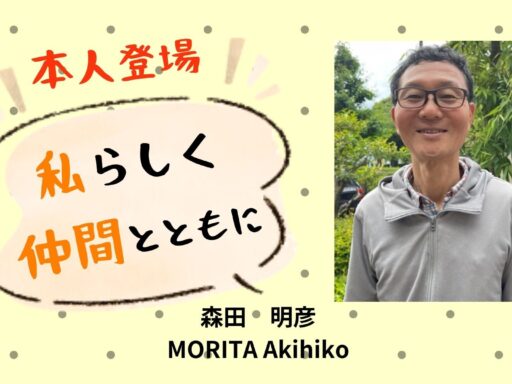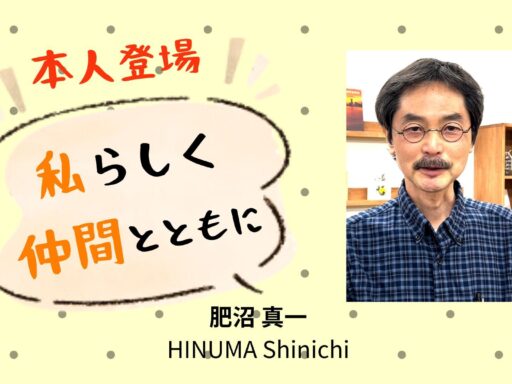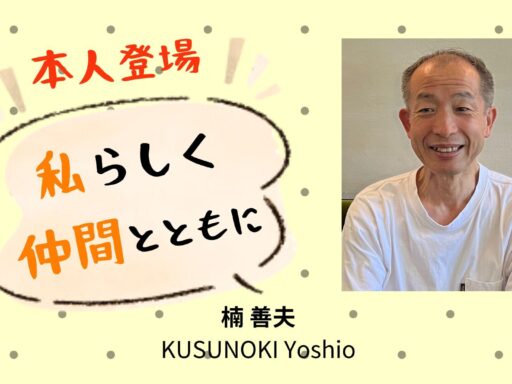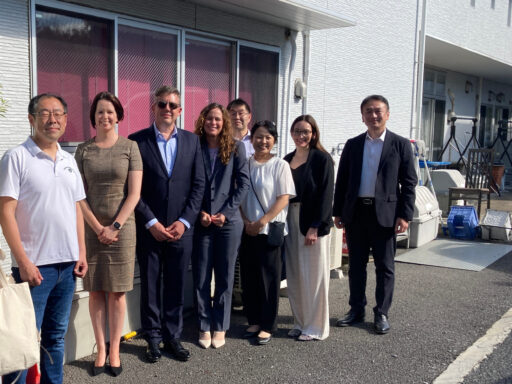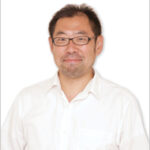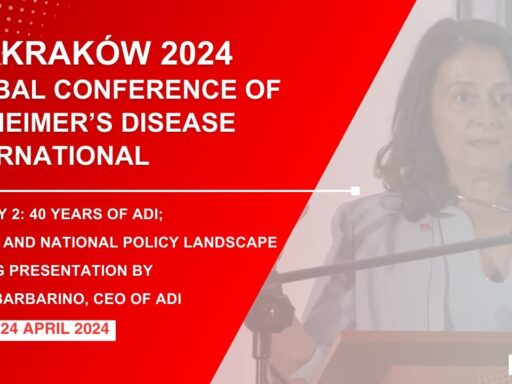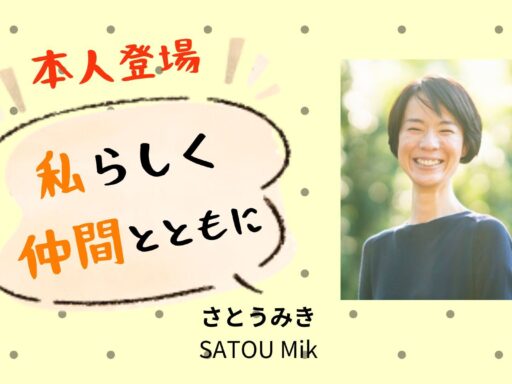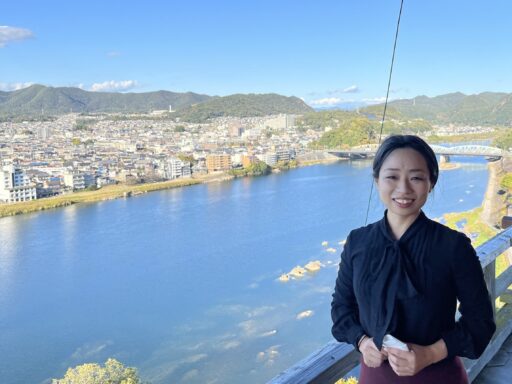ADI CEO highlights the global and national policy landscape at the ADI 2024 Conference
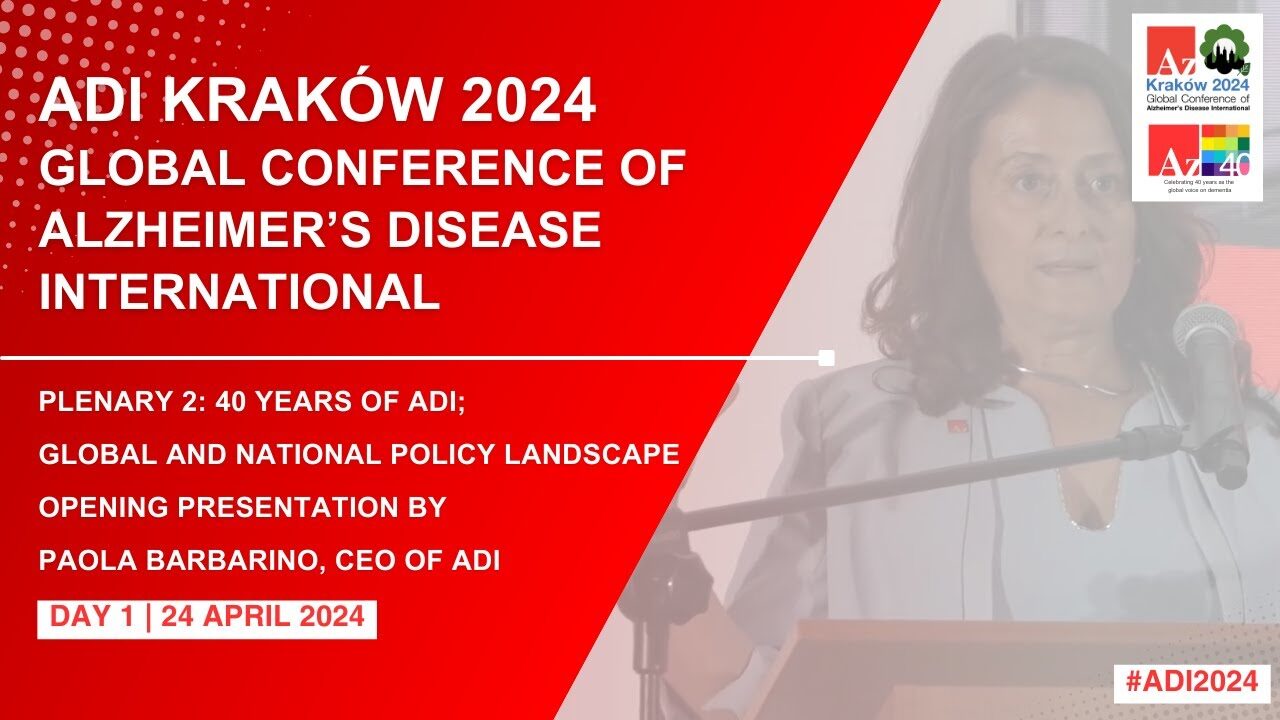
This article is a reprint of an article published by the ADI (Alzheimer’s Disease International) on its website.
Original article:
https://www.alzint.org/news-events/news/adi-ceo-highlights-the-global-and-national-policy-landscape-at-the-adi-2024-conference/
ADI CEO, Paola Barbarino took to the stage at the ADI 2024 Conference in Krákow, Poland, to highlight the global and national policy landscape on dementia, providing her perspective on the achievements of ADI in the past four decades and hopes for the future.
Presentation transcript:
It is a great pleasure and an honour to be able to address you for this plenary on policy, which is really a plenary about where our world is going, what is happening about the promises made by governments, how those promises are translating for those who really feel them on the ground, the people who are living with dementia globally, their families, their communities.
I have struggled to write my intervention this time, despite usually not being a person that is at a loss for words…. As many of you will testify…. But this time is different, we are truly in the middle of a maelstrom with Alzheimer’s and dementia and we are being bombarded from many directions, there is a lot of hopes and promises, but so many that it is hard to see clearly in the middle of this storm.
In addition, this year is our 40th anniversary and it would be right and appropriate to dwell on our growth and achievements in the last 40 years of our life.
We are lucky today to have Her Majesty Queen Sophía of Spain, Her Royal Highness Princess Muna of Jordan, the health minister of Poland, many ambassadors and also more ministers who are following us at home. This is an extraordinary thing and a great achievement for all of us in our 40th year
So I will do a bit of both, first focusing on our current situation and then delving on our 40 years of being strong and resilient together.
ADI has always been at the forefront of what is happening globally and we always try to bring you the latest in our field, forecasting, if possible, the issues well ahead of time.
As a recent example I would like to highlight that when we published the world Alzheimer report in 2021 on diagnosis it was because we knew that with Disease Modifying Therapies on the horizon we could have people suspecting they may have Alzheimer or dementia demanding treatments and because those treatments require a confirmatory diagnosis and because the diagnostic capacity globally is still way below what is needed as we showed in this publications, over and over again, healthcare systems would be in trouble unless action was taken pretty quickly.
If you read my introductions to the latest few World Alzheimer Reports you will have seen described, in a nutshell, many of the issues unfolding now at national level. It is the advantage of having a truly global view of what is happening. A global perspective that ADI has thanks to our members who keep us abreast of developments in their countries as they happen.
And so I thought of sharing with you in this session what are the high-level issues that are floating in my mind right now. Each of them, has the potential to become huge and will need tackling in its own right and this is what we are here to do
I would like to dwell on this slide a while and share with you its main bullets explaining what I feel we could all be working on in the next few years. I will go through them one by one but I will not put this slide up again, so maybe you could take a picture now and as we will be here together for 3 days and as we will not have time for much Q&A I will welcome your questions and challenges on my thinking throughout the conference.
Let’s focus on policy first.
- We should not forget that most of the world is still in a post-covid generated recession, and there are some major wars happening as we speak.
- There is still not a lot of money going about and the competition for those funds in healthcare is relentless.
- Governments all over the world are in flux, this year alone there will be 55 national elections. Government changes are hugely difficult for civil society.
- Growing population and Ageing population is another barrier. The world is getting older and the needs of our populations will change very soon. The UN conference for population growth where I spoke last autumn was enlightening and it was great to see some governments engaging with this issue, but as governments vision is increasingly limited to the 5 years electoral cycle its hard for me to see how we will find the energy globally to elevate this topic. The graph to the left shows you in grey the population in the 1950s, in blue in 2010, in light blue in 2050 and in red in 2100. It is not hard to work out that we are moving to a position where there won’t be enough people in the world to care for all those who need it. Hence why we have now decided to work also more practically with the department of ageing at WHO -they are here with us today- and engage more in the decade of Healthy Ageing.
- This leads me to the cost of care which continues to be a barrier when discussing dementia with governments. Many still think is not their problem or that families can pick up the slack which we know they can, but up to a point, and increasingly more people live alone across the globe, not just in High income countries but everywhere, so who will help them? The above goes hand in hand with the lack of interest in older citizens, which are often still not a priority of governments, in my experience. Indeed governments continue not to see the link between providing more free and respite care for their citizens with having a happier and more productive workforce.
Moving on to another topic on the slide you took a picture of earlier, with regard to awareness raising the dementia friendliness and inclusivity movement has lost a bit of momentum, perhaps is time for all of us to revisit it. We are waiting to see the results of our survey of stigma this year that will form the basis of our World Alzheimer’s Month and World Alzheimer Report. If you have not filled the survey or shared it yet with your friends do it this week! It will help us shape our calls on lowering stigma globally.
I would call the risk reduction area the hardest “easy win” ever. If we can prevent 40% of all dementias by adopting lifestyle changes, why is it so hard to get this message across to governments and translated into public health campaigns?
Vis- a-vis diagnosis and post-diagnostic support, as well as the issue of lack of diagnostic capacity and the lack of awareness of the critical need for post diagnostic support I would add that the biomarkers maybe well be here into the scientists mind but alas certainly not there in the hands of primary healthcare practitioners working in communities all over the world yet. And the education of those practitioners is urgent – 62% of whose. as we said are likely not to diagnose dementia as they feel it is normal ageing.
Some of our members organisations, for example the Alzheimer’s Association and Alzheimer’s Society, who are running symposia at this conference, are really working very hard in this direction and it will be fascinating to see how much traction will they manage to achieve with their governments over the next few years.
One really exciting new field of development is that of AI assisted diagnostics, that could be really a game changer and address the lack of trained professionals although unless I am mistaken it won’t address the lack of PET scanners all over the world.
- The field of Disease Modifying Therapies is currently very alive with excitement and we want it to be this way so that more much needed funds for this area will pour into our sector. But it would be naïve to think that these meds are for everyone, indeed they are for a small percentage of the population so far and that percentage needs a confirmatory diagnosis which, as we said, is not available to over 70% of the population globally
- In addition, there have been noticeable splits in the scientific community on efficacy and safety and there is definitely confusion in patients who can see from the press a solution in reach only to be told by their doctors that it isn’t really there, or for them.
- And regulatory approvals in some part of the world and not others means creating a world of have and have nots where the rich can fly to areas where the treatment is available to them and the poor can’t.
- There is also the issue on whether our community is being discriminated against, the cost of these meds can be very high, that’s for sure, but why should cancer patients have risky infusion available to them but not our community. We have written to the CMS and now the EMA along these lines and it will be interesting to see how this plays out, although I am told these kind of issues have been common whenever medications in areas previously untreatable get launched.
In the care sectors there have been giant strides in research, it is really heartening to see the difference that good care can make and many of you here today will be telling us more in the course of this conference. But there are still big issues that require addressing. Migration of healthcare workers, for example, is becoming a big topic, in particular after covid. There are huge human costs around it too, it was heartbreaking to hear of the suicide rates of migrant care professionals from Nepal for example at a recent WHO and NHS webinar.
The growing costs of care, the scarcity of professionals available, the fact that more people are living alone and the increasing need and lesser availability of respite care are the issues ever presents in my mind.
Areas like rehabilitation deserve more space and more talking about. Rehabilitation is particularly poignant in LMICs, its cheaper to implement, it works! So why not do that more also in High Income countries? Watch this space as we may be working more on this issue really soon!
At a local level wonderful things are happening. At a recent visit to the Italian region of Veneto I was surrounded by happy families that were really benefiting from what the Italian government has made available to them through the skilled work of the healthcare professionals in Mestre hospital. It is rare for me to visit regional level initiatives and it did me a lot of good to witness first hand how the work that we do, which sometime can seem a little too high level to us, actually really benefits people in communities around the world. We are indeed here to change world for the better a little step at the time, aren’t we?
In research there have been advances but it is still a tiny sector in comparison to other non-communicable diseases
- “Earlier this year, De Strooper searched the US medical database PubMed for dementia. He found 250,000 studies. He then searched for cancer and found 4.7m. Next, he searched for Covid, a disease that didn’t exist before 2019, and found 300,000 studies. It’s a rough metric, but it suggests that more research has been done on Covid in the past three years than on dementia in the past century:
- And LMIcs are still marginalised when it comes to clinical trials as you can see form this slide
- From my standpoint, lots of research funding is still going to small non scaleable projects, or sometime projects focused on one nation or group of nations only. I know this is a necessity, nation states want to see their research money going to researchers in their own country. But it would be great to see more cross border collaboration in visionary activities like the FINGER study.
- Artificial Intelligence is a promising new area in research and you will hear more about it in this conference, it could be seriously exciting. But at the other end of it there is also AI generated misinformation which could quickly become a problem when information-starved people living with dementia and families need help. As well as issues relating to financial fraud -where AI can also become a challenge and there will be a session about this at the conference too.
- Overall in my mind the biggest problem in research is still translation. We at ADI try our best but in an ideal world I would like the academic community to make what it does more understandable to the general public, to think of dissemination and impact of what they do as a major part of their projects and not a side event, and to really incorporate people living with dementia and families in the design of their projects as an integral part and not just a tick box exercise. And this latter point is relevant also of innovation, we see many companies being born in our space but few think about involving people living with dementia in the design of their products or research.
- In a nutshell we are seeing more and more fantastic examples of good research but we are still a way off from an ideal scenario.
Finally in the world of data collecting and sharing a lot has changed and the WHO Global Dementia Observatory is now bearing fruit and really useful to find information on implementation of the Global Action Plan (at least from a governmental perspective). Our From Plan to impact report is still the best source of information on how families really benefit from that implementation. Private initiatives like ADDI are also giving a great example.
But on data there is a final and most pressing issue to address. Dementia is now being recorded in more and more countries as a cause of death, following a number of calls including the OECD’s in 2017. As a consequence we are now realising that dementia is increasingly becoming the number one cause of mortality in more and more countries in the world. This however is still not reflected in the way dementia is perceived as a major Non Communicable Disease. And this matters, because many of our members who try to access NCD funding in their countries are still turned down and told dementia is not a major non-communicable disease, or even that is not a non-communicable disease full stop. We will be working in the next few years to be address this.
I am taking a breath here and so will you. I could talk for about another hour easily and touch on a lot more topics but I think I will stop here. There is a lot to think about. But we do need to think about it. We are the only one that can think about this. No one else will. And we owe it to the people who are living with dementia and to their families the world over.
Let me finish this complex and I hope thought provoking speech with some exciting images of what we have done together in our last 40 years just to remind ourselves of what we are capable of.
40 years of groundbreaking conferences, bringing you the latest global advances, discussing them together, challenging us and celebrating us; 40 years of Alzheimer Universities, strengthening civil society and making small organisations able to sit with the press and their governments and make change happen; 40 years of World Alzheimer’s Months going from strength to strength; 40 years of groundbreaking reports; 40 years of being friends, advocates, loving and caring people; 40 years of many successes.
ADI has advocated to have a Global Dementia Action Plan (GDAP) at WHO level for more than a decade. Once he plan was approved in 2017 we have worked very hard for it to become a national reality. However for our 40 years of existence we have only 48 national dementia plans to show for it.
This is why we will be putting a lot our energy and effort in the next year to advocate for an extension of the plan, indeed we started calling from an extension as early as last year when we launched from Plan to Impact VI and we thank the many governments globally that have taken this call to heart. I invite you all to join us in our advocacy for the GDAP to be renewed. Surely we can accelerate this now together!
Many people have asked me how I envisage ADI will look after another 40 years and I say to them I hope ADI won’t exist in 40 years … When I say this, many people like yourselves today share a mixture of shock and bewilderment. The truth is however, we are all working towards a world free of stigma, discrimination for those living with dementia; towards a world where there are effective and available treatments for all people living with dementia globally… a world where ADI is not needed. Whether this takes 20, 40 or 100 years, we will not rest until this becomes the reality for all.
Thank you.



